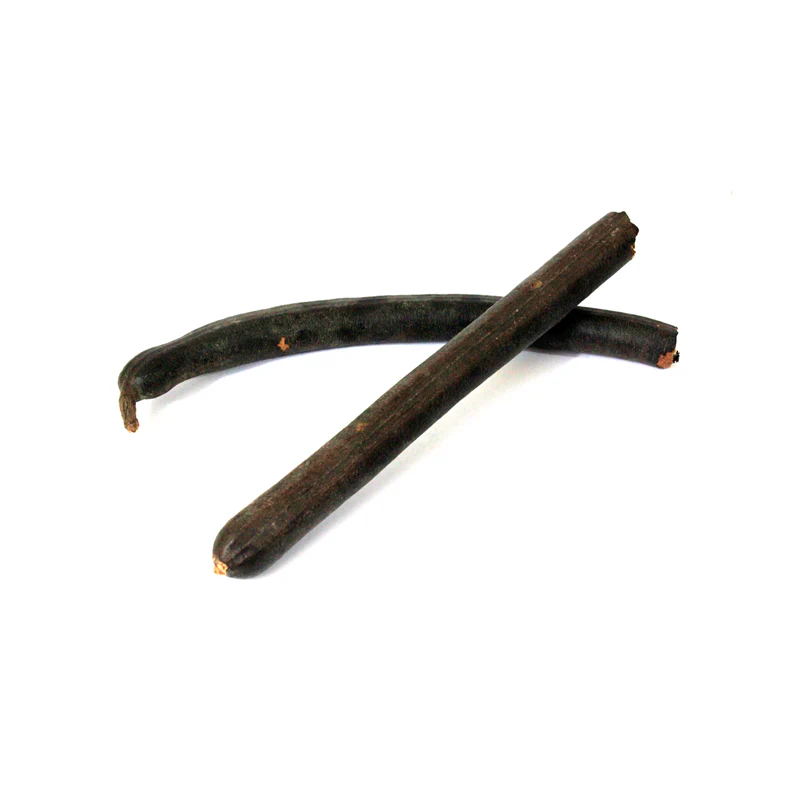
Introduction
The Golden Rain Tree, also known as Amaltas (scientifically Cassia fistula), is a beautiful flowering tree that is native to the Indian subcontinent. It has gained popularity not only for its striking yellow flowers but also for its medicinal properties. In this article, we will explore the various benefits of the Golden Rain Tree, its traditional uses, and the potential side effects to be aware of.
Health Benefits of Golden Rain Tree (Amaltas)
Promotes Digestion
The Golden Rain Tree has been traditionally used to support digestive health. It helps in treating constipation due to its mild laxative properties, primarily found in its pods. The fruit pulp can act as a natural cleanser, helping in the removal of toxins from the digestive system.

Skin Health
The leaves and flowers of the Golden Rain Tree are often used in the treatment of skin diseases like eczema and psoriasis. The antimicrobial and anti-inflammatory properties help reduce inflammation and prevent infections. Applying a paste of crushed leaves can provide relief from itching and rashes.
Liver Health
The Golden Rain Tree has shown potential in promoting liver health. Its antioxidant properties can help detoxify the liver by removing harmful substances. Regular use of its extracts may help reduce the effects of liver diseases, such as jaundice.
Anti-inflammatory Effects
The tree’s compounds, particularly the flavonoids and saponins, have anti-inflammatory properties. This makes it useful in treating conditions such as arthritis, where inflammation plays a key role. It may reduce joint pain and swelling, providing relief to those suffering from inflammatory diseases.
Antioxidant Activity
The Golden Rain Tree is rich in antioxidants that help fight free radicals in the body. This can reduce the risk of chronic diseases like heart disease, cancer, and diabetes. Antioxidants are also known to have anti-aging effects by reducing oxidative stress on the body.
Antibacterial and Antifungal Properties
The leaves, flowers, and bark of the Golden Rain Tree have shown antibacterial and antifungal activities. These properties make it effective in treating infections and wounds, speeding up the healing process and preventing the spread of harmful microorganisms.
Treatment of Fever and Cough
In traditional medicine, Amaltas is also used to treat fevers and respiratory problems. The bark is often used in the preparation of medicinal syrups to help alleviate symptoms of fever and cough. Its antipyretic properties can help lower body temperature during a fever.
Potential Side Effects of Golden Rain Tree (Amaltas)
While the Golden Rain Tree is widely regarded for its health benefits, it is essential to be cautious of potential side effects, especially when used in large quantities or over extended periods. Here are some side effects to keep in mind:

Laxative Effect
Due to its natural laxative properties, excessive consumption of Golden Rain Tree can lead to diarrhea, dehydration, and stomach discomfort. It is important to use it in moderation and consult a healthcare provider if you have sensitive digestive systems.
Hypotension
Some studies suggest that the Golden Rain Tree may have hypotensive (blood pressure-lowering) effects. While this can be beneficial for individuals with high blood pressure, those with low blood pressure should use caution, as it may cause dizziness or fainting.
Pregnancy and Breastfeeding
Pregnant and breastfeeding women should avoid using Amaltas without consulting a doctor. Its effects on pregnancy and lactation are not well-documented, and certain compounds in the tree may cause adverse effects during pregnancy.
Allergic Reactions
Although rare, some people may be allergic to Amaltas. Symptoms of an allergic reaction may include itching, rash, swelling, or difficulty breathing. If any of these symptoms occur, discontinue use and seek medical attention immediately.
Toxicity in Overdose
The seeds of the Golden Rain Tree are toxic when consumed in large amounts. Ingesting these seeds can lead to poisoning, causing symptoms such as vomiting, nausea, and diarrhea. Proper dosage and preparation methods are essential to avoid toxicity.
Interaction with Medications
Like many herbs, Amaltas may interact with certain medications, including blood pressure medication and blood thinners. If you are on medication, it is important to consult your healthcare provider before using this herb.
This Article is for Basic Information. Contact a professional doctor before using it.
HAKEEM KARAMAT ULLAH
+923090560000




